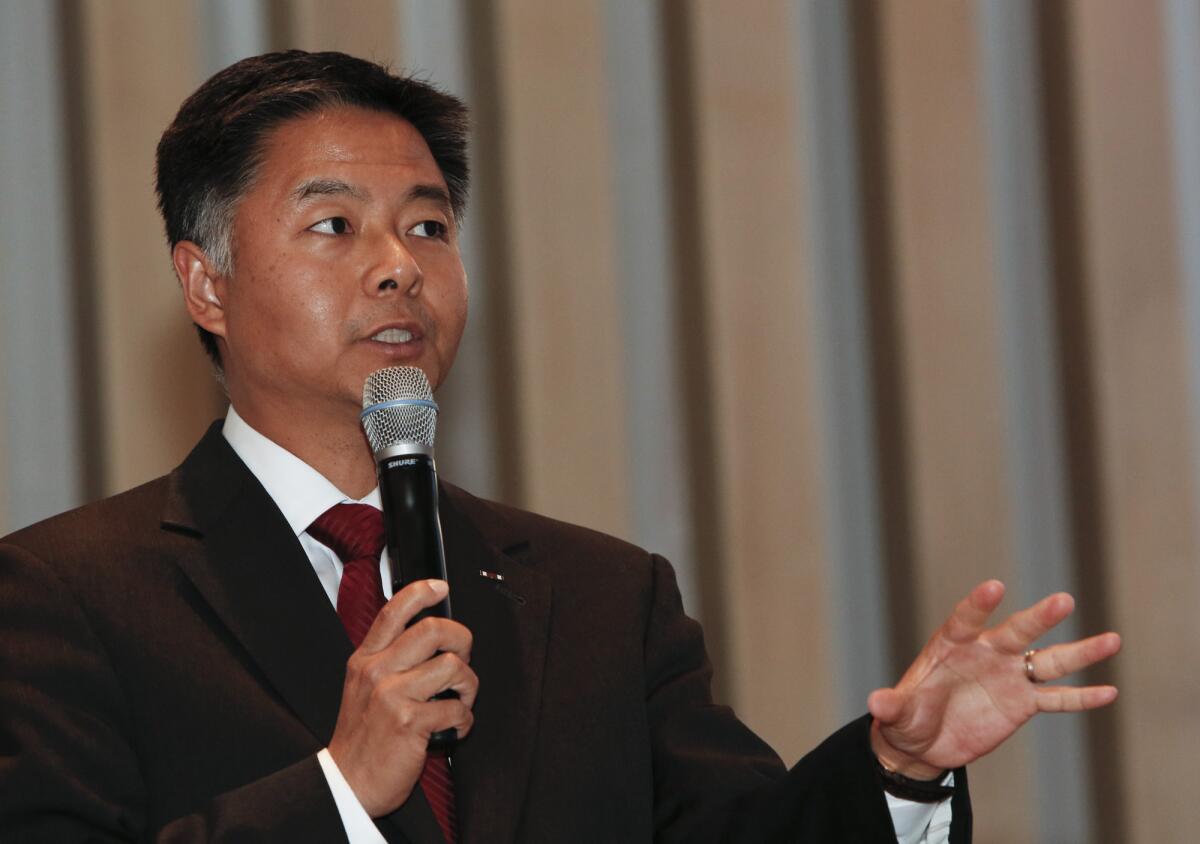Auditor says $93 million in Medi-Cal payments could be fraudulent

- Share via
A state audit has found that more than $93 million in Medi-Cal payments made to substance abuse clinics across California were potentially fraudulent.
The audit released Tuesday reviewed billing data from July 2008 to December 2013 for Medi-Cal’s Drug Treatment program, which reimburses rehabilitation clinics. The audit found the state’s Department of Health Care Services and the Department of Alcohol and Drug Programs failed to administer the program “and created opportunities for fraud.”
The report comes after an investigation by the Center for Investigative Reporting and CNN last year that revealed substance abuse clinics in Los Angeles County were scamming Medi-Cal, the nation’s largest Medicaid program, by billing for patients who didn’t go to the clinics, including some who were dead or in prison.
The audit found 323 instances -- totaling more than $10,000 -- in which the state reimbursed providers for services to dead clients. It also found that nearly $1 million in payments went to clinics that were potentially not authorized.
“This is a deeply troubling audit,” said Ted Lieu (D-Torrance), who requested the review. “It confirms that there has been widespread fraud in California’s Drug Medi-Cal program, and it’s ongoing.”
Los Angeles County is a hot spot for fraud, the report found. Of the 19 deceased clients billed from across the state, 18 were in Los Angeles County. More than 65% of the nearly $1 million in payments to potentially unauthorized clinics were also in the county.
The report recommends the Department of Health Care Services coordinate with counties to recover unauthorized payments, develop new procedures for routinely identifying these payments, take disciplinary action against providers and strengthen coordination among the state and counties to consistently monitor for fraudulent activity.
A Department of Health Care Services internal audit last year “highlighted numerous weaknesses and inefficiencies” in its management of the program, said State Auditor Elaine Howle.
She said fixing these problems is critical to ensuring the department “address fraud in a timely manner and effectively mitigate the state’s financial and legal risks.”
Follow @skarlamangla on Twitter for more health news.
More to Read
Sign up for Essential California
The most important California stories and recommendations in your inbox every morning.
You may occasionally receive promotional content from the Los Angeles Times.











